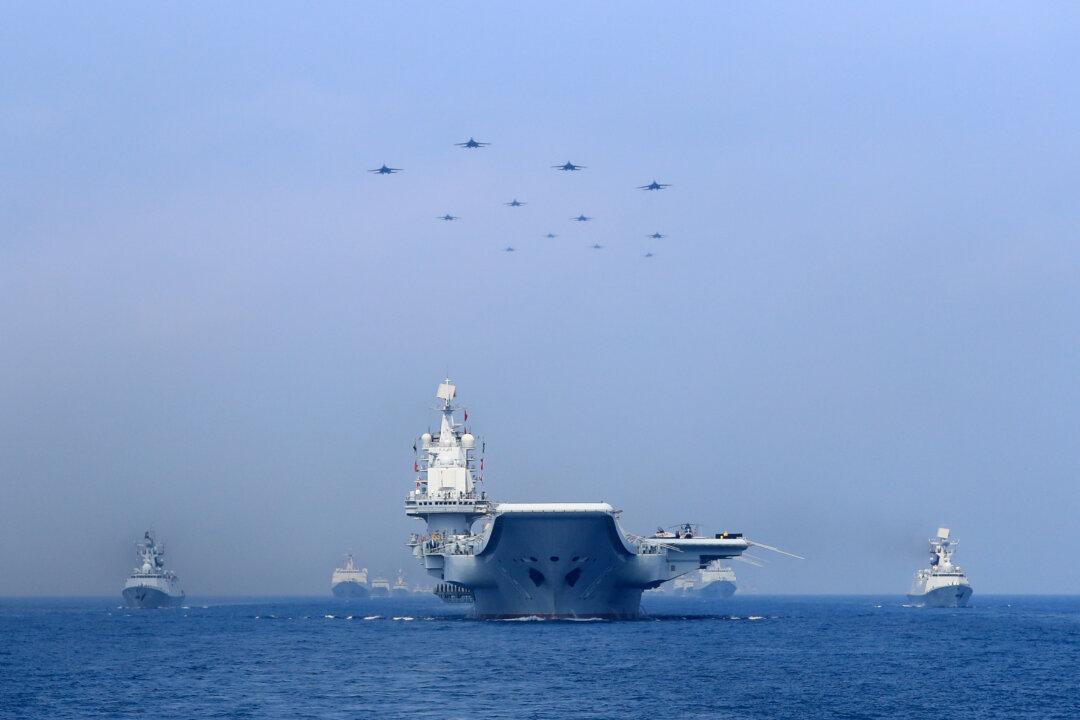News Analysis
Kiribati is dumping a 158,000-square-mile World Heritage marine reserve, the Pacific Islands Forum, and its friendship with Taiwan. Why? The archipelagic state is trading its sovereignty for Beijing’s fast cash.

Kiribati is dumping a 158,000-square-mile World Heritage marine reserve, the Pacific Islands Forum, and its friendship with Taiwan. Why? The archipelagic state is trading its sovereignty for Beijing’s fast cash.